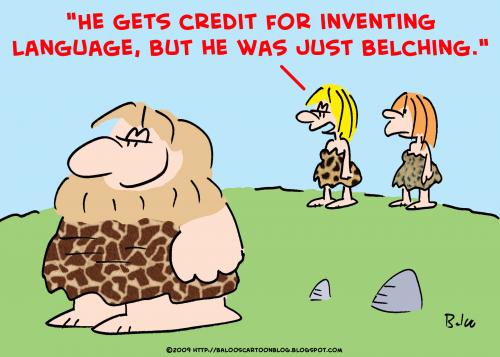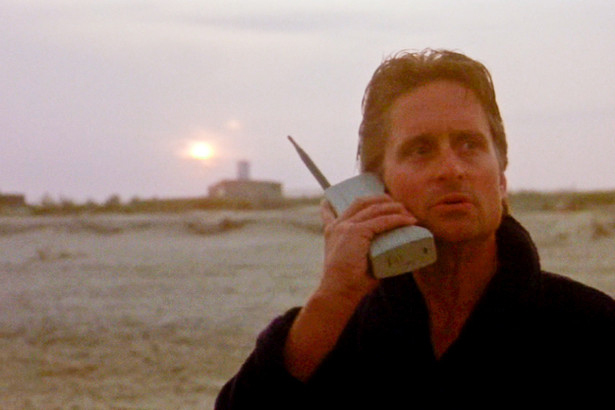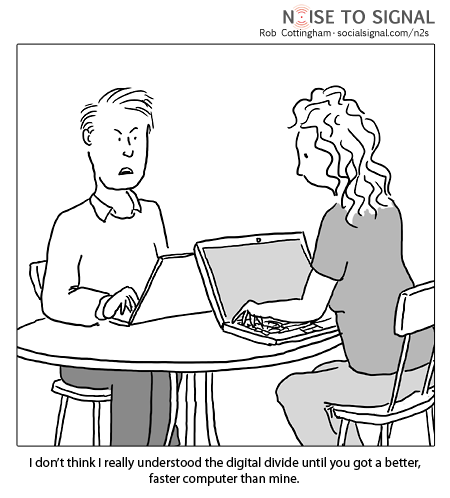As the American Sociological Society Annual Meeting approaches, I want to take this opportunity to give some theoretical attention to the language of digital technologies. The following is perhaps an overly verbose way of asking what to do with heavily integrated but problematic vocabularies? The timing here is significant, as I believe the meetings next weekend will include a lot of dualist language that we, as a discipline, aren’t quite sure what to do with.
***** more...









